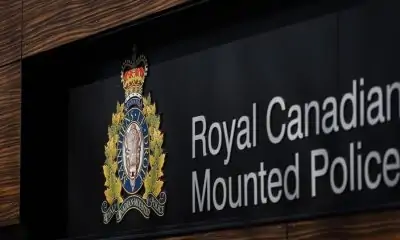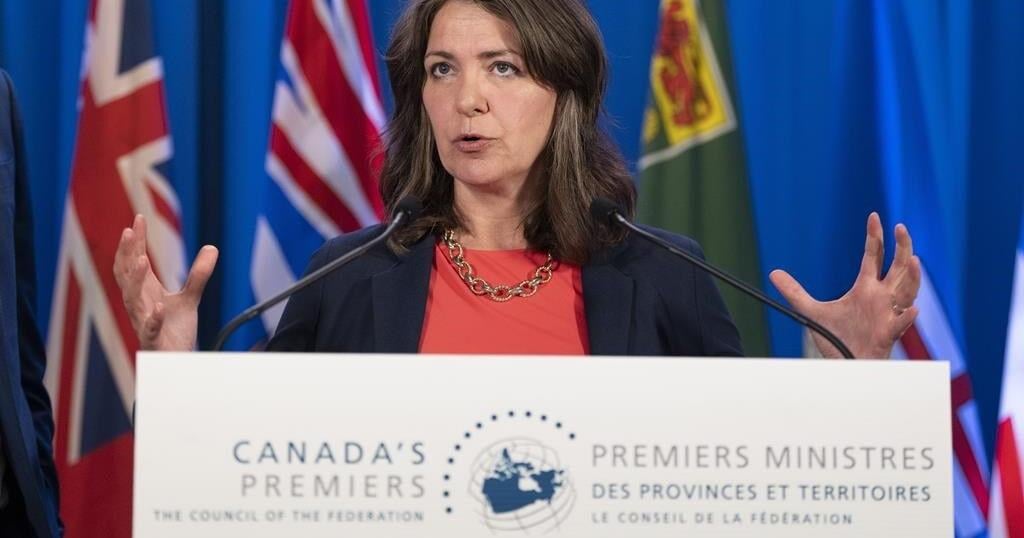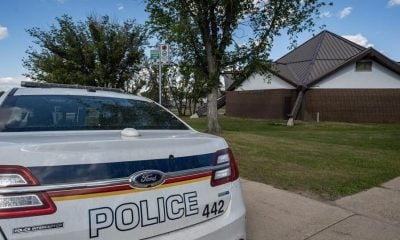In the new documentary “Boys State,” Texas teenagers create a mock government in an annual civics exercise organized by the American Legion. It is campaign politics in miniature, complete with mud-slinging, pandering and playing to the cheap seats.
Watching so many boys in matching white shirts whooping at each other veers at times into the territory of William Golding’s 1954 cautionary novel “Lord of the Flies.” But then fly-on-the-wall observations and character studies recall campaign documentaries like “The War Room,” a behind-the-scenes look at Bill Clinton’s first bid for the White House.
Boys State gatherings occur every year in states across the country. The film captures the event in Texas in June 2018, when more than 1,100 rising high-school seniors sponsored by local American Legion posts assembled in Austin for six days. They split into two parties—Nationalists and Federalists—and campaigned for leadership positions including the top slot of governor.
San Francisco directors Jesse Moss and Amanda McBaine said they knew there were sensitivities around shooting young people but they kept rolling. “We don’t pull back in the film–the conduct of the characters we followed, their actions, the reflections on their choices they make, they are very real and painful and some have come at a cost,” said Mr. Moss.
The documentary, premiering Friday on Apple TV+, was shot in 2018 amid #metoo revelations and conversations around toxic masculinity. Ms. McBaine said she was preparing herself for an unflattering experience of modern boyhood but found something else. “I saw all kinds of empathy and listening and compromise,” she said. “And crying—I didn’t expect it to be quite as emotional an experience as it ended up being.”
The film won the U.S. grand jury prize for documentary at Sundance earlier this year. Mr. Moss and Ms. McBaine hope to follow up with a film about the event’s female counterpart, Girls State, or the American Legion’s national program, Girls Nation.
One of the documentary’s early stars is Nationalist candidate Steven Garza, an earnest Texan born in a town near the Mexican border who talks about politics as public service and is so soft-spoken he barely gets enough signatures to make it on the ballot.
He faces off in the primary against Robert MacDougall, a back-slapping picture of confidence who plans to apply only to West Point and wears fancy cowboy boots he bought with Bitcoin profits. Mr. MacDougall, who struggles for a campaign slogan. Supporters like “Vote for Someone—Vote for Rob” and “Rob’s Enough.”
The film shows Mr. MacDougall campaigning against abortion rights. “Why should we deny that future Texan their right to life?” he says amid cheers. Privately, in an on-camera interview, he says that he supports abortion rights but figures he can’t approach a majority with a minority opinion. “Sometimes you can’t win on what you believe in your heart,” he says.
In a recent interview, Mr. MacDougall, now a student at West Point, said he felt remorseful about that move. “I shouldn’t have done it in Boys State politics, but it does accurately mirror the real world,” he said.
In another scene, Nationalist Party leader René Otero stops an attempt to oust him by delivering a broadside so skilled that the room erupts in applause. With granny glasses low on his nose and a grasp of the withering sound bite, he is the only boy the filmmakers didn’t pre-select as a main character and instead emerged as a star while the cameras already were rolling.
A quasi-villain appears in the Federalist Party’s chairman Ben Feinstein, a teen from San Antonio who treats politics as a game. He capitalizes on Mr. Garza’s participation in a “March for Our Lives” rally, building an Instagram page that portrays the campaign rival as anti-gun. He tries to get intel on the Nationalists, attempting to exploit the disarray in that party’s ranks. He endorses what he calls “shock and awe” campaigning.
“I know when to make enemies and when to make friends,” he says. “It’s politics.”

Federalist Party chairman Ben Feinstein campaigning in ‘Boys State.’
Photo:
Apple TV+
Two years after the events of the film, Mr. Feinstein sounds contrite. “I expected the ‘Ben Feinstein victory reel,’ ” the rising college sophomore said. What he got was more sobering. “I saw a mirror of myself. And I saw a lot of actions that I don’t think should be the norm in our politics. I don’t really feel proud of myself.”
But he doesn’t regret being in the documentary. “The amount of people that saw my behavior and said, ‘This is an example of what we don’t like about politics’ far outweighs any minute burden that I have to suffer,” he said. “If that behavior can serve as an example of what we don’t want to see in the system, then that’s great.”
Mr. Garza, now a 19-year-old government major at University of Texas, Austin described most students at Boys State as searching for common ground. Their nuanced opinions defied blue state vs. red state politics, said Mr. Garza, who in one powerful scene is so moved by his fellow students that he bursts into tears.
“I walked away with the reinforced idea that everybody truly does want what’s best for the country,” he said in a recent interview. “I walked away more idealistic than I walked in.”
Write to Ellen Gamerman at ellen.gamerman@wsj.com
Copyright ©2020 Dow Jones & Company, Inc. All Rights Reserved. 87990cbe856818d5eddac44c7b1cdeb8


























